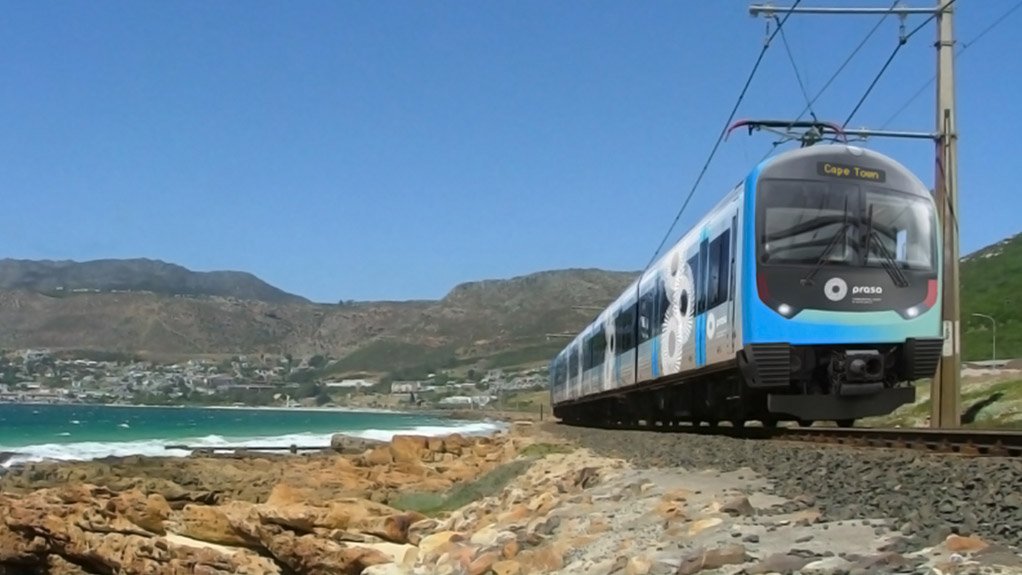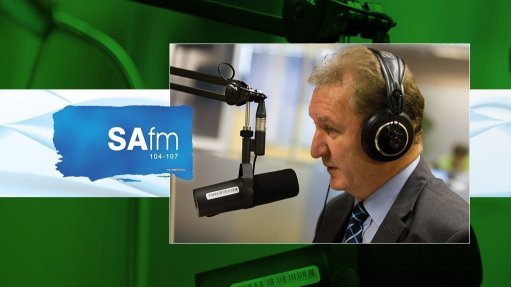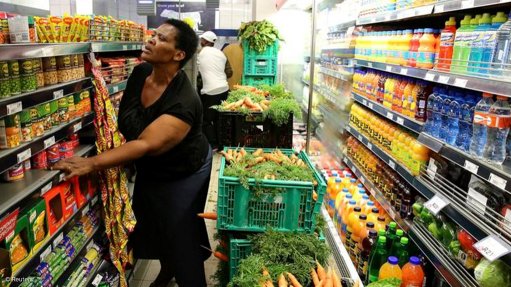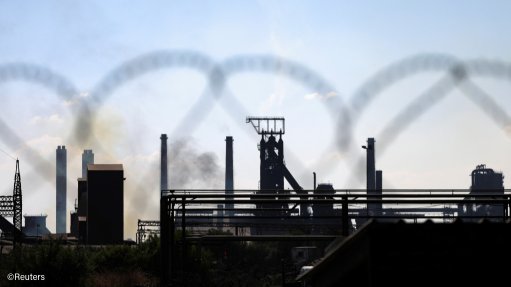PRASA, Gibela sign R51bn passenger train supply contract
The Passenger Rail Agency of South Africa (PRASA) and Gibela Rail Transportation on Monday signed a R51-billion contract for the supply of 600 passenger trains, made up of 3 600 coaches, to be delivered between 2015 and 2025.
French multinational Alstom is the majority shareholder in the Gibela consortium, which also includes local engineering company Actom and broad-based black economic-empowerment partners Khiphunyawo Rail, Community Rail Services and Elgin-Identity Rail Corporation.
The contract, which was signed by PRASA group CEO Lucky Montana, Alstom chairperson and CEO Patrick Kron and Alstom Transport president Henri Poupart-Lafarge, in Johannesburg, also included the construction of a local manufacturing facility.
Gibela would also provide technical support and supply spare parts to PRASA over the next 18 years.
The local manufacturing facility would be built in Ekurhuleni, east of Johannesburg, and would house an engineering centre and a training facility. Construction on the manufacturing facility was expected to start in 2014, with the factory to come on line in 2015.
Speaking at the signing ceremony, Kron stated that this was one of the biggest rail transport contracts worldwide and the biggest ever awarded to Alstom.
Through the contract, PRASA would be supplied with the newly developed X’Trapolis Mega train, developed by Alstom to fit the 1 067 mm gauge in South Africa.
Each train would be able to travel at a speed of up to 120 km/h with the ability to be upgraded to 160 km/h. Each single-deck train would comprise six cars and would be able to carry more than 1 300 passengers.
The first 20 trains would be manufactured at Alstom’s facility in Brazil, while the South African manufacturing facility was being completed, Kron added.
Montana pointed out that this contract would go some way towards dealing with South Africa’s socioeconomic challenges of job creation and skills development.
The project would create more than 1 500 direct jobs in the local factory and more than 33 000 indirect jobs over the first ten years, achieving a local-content level of more than 65%.
Speaking at a media briefing following the signing ceremony Transport Minister Dipuo Peters emphasised that the contract went further than simply addressing the capacity of the public transport system, as it would also tackle the triple challenges of unemployment, poverty and inequality. She added that the skills development that would be taking place would lead to the jobs created being sustainable.
“After this first ten-year contract, South Africa would have developed the capacity to develop and build its own trains,” Montana stated.
The contract formed part of the passenger rail agency's aim of revitalising the rail industry, creating jobs and providing efficient, reliable and safe public transport.
The programme was launched by the South African government in 2010 in response to the growing number of commuters in the country and would replace the ageing suburban trains in service in Pretoria, Johannesburg, Cape Town and Durban, with 1 200 electric trains over a 20-year period.
Through the rolling stock programme, PRASA would procure 7 224 new rolling stock, to the value of R123-billion over a 20-year period.
The procurement of the rolling stock was being done in two phases, with the first phase having been launched with the signing of the Gibela contract, Montana explained.
Comments
Press Office
Announcements
What's On
Subscribe to improve your user experience...
Option 1 (equivalent of R125 a month):
Receive a weekly copy of Creamer Media's Engineering News & Mining Weekly magazine
(print copy for those in South Africa and e-magazine for those outside of South Africa)
Receive daily email newsletters
Access to full search results
Access archive of magazine back copies
Access to Projects in Progress
Access to ONE Research Report of your choice in PDF format
Option 2 (equivalent of R375 a month):
All benefits from Option 1
PLUS
Access to Creamer Media's Research Channel Africa for ALL Research Reports, in PDF format, on various industrial and mining sectors
including Electricity; Water; Energy Transition; Hydrogen; Roads, Rail and Ports; Coal; Gold; Platinum; Battery Metals; etc.
Already a subscriber?
Forgotten your password?
Receive weekly copy of Creamer Media's Engineering News & Mining Weekly magazine (print copy for those in South Africa and e-magazine for those outside of South Africa)
➕
Recieve daily email newsletters
➕
Access to full search results
➕
Access archive of magazine back copies
➕
Access to Projects in Progress
➕
Access to ONE Research Report of your choice in PDF format
RESEARCH CHANNEL AFRICA
R4500 (equivalent of R375 a month)
SUBSCRIBEAll benefits from Option 1
➕
Access to Creamer Media's Research Channel Africa for ALL Research Reports on various industrial and mining sectors, in PDF format, including on:
Electricity
➕
Water
➕
Energy Transition
➕
Hydrogen
➕
Roads, Rail and Ports
➕
Coal
➕
Gold
➕
Platinum
➕
Battery Metals
➕
etc.
Receive all benefits from Option 1 or Option 2 delivered to numerous people at your company
➕
Multiple User names and Passwords for simultaneous log-ins
➕
Intranet integration access to all in your organisation





















